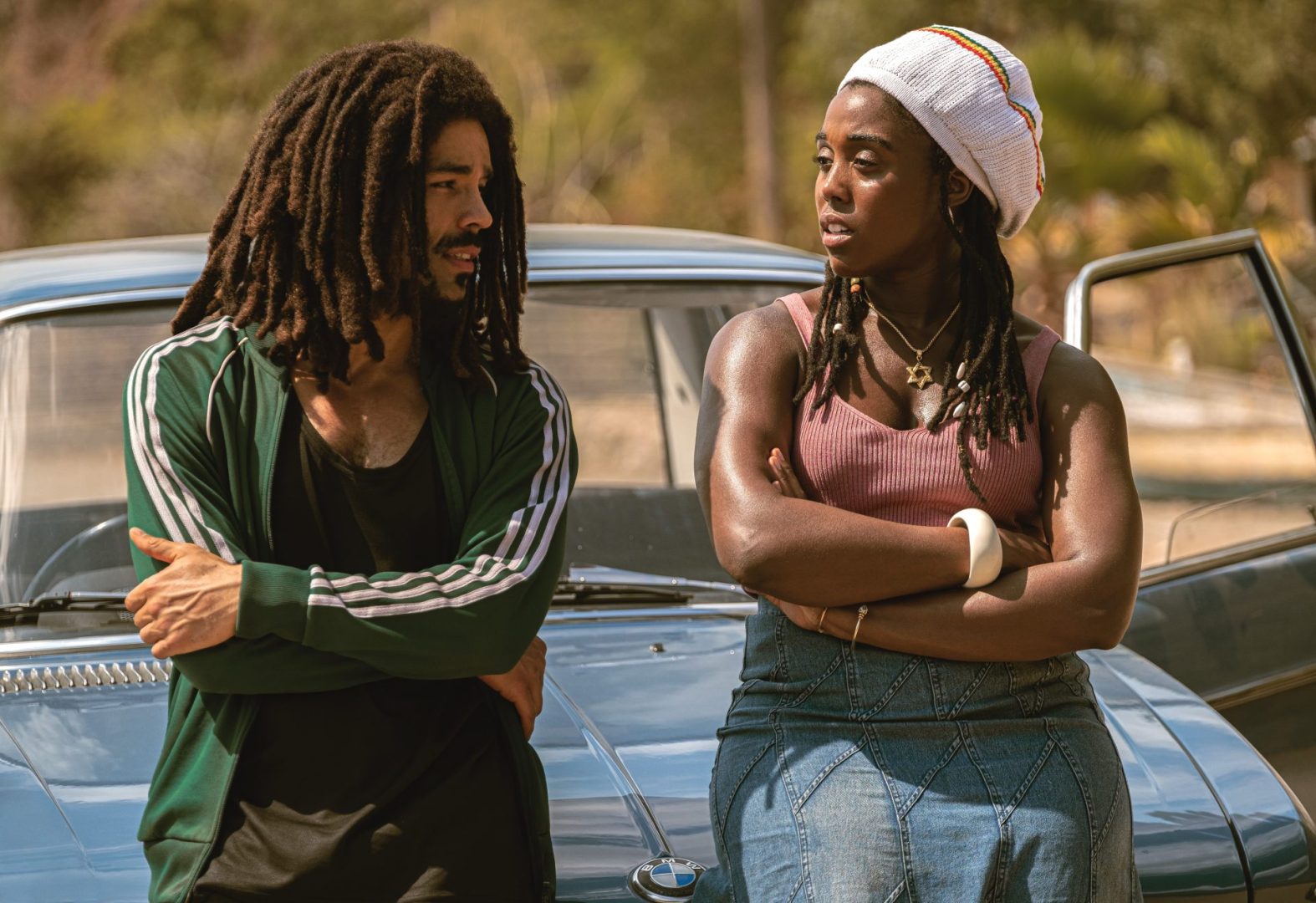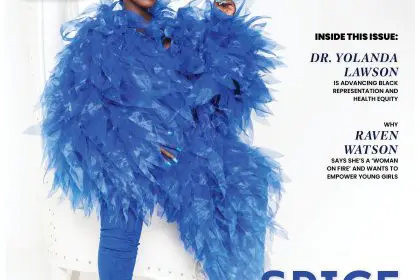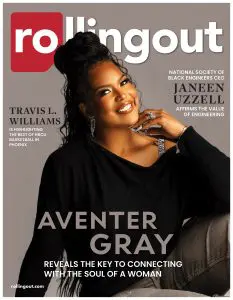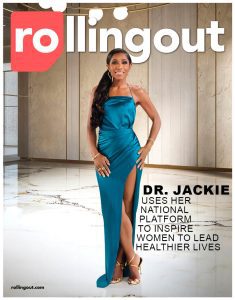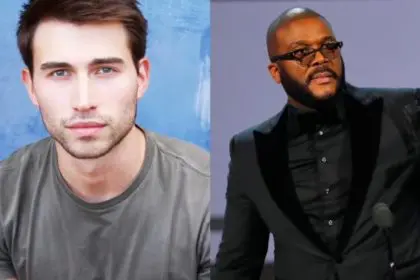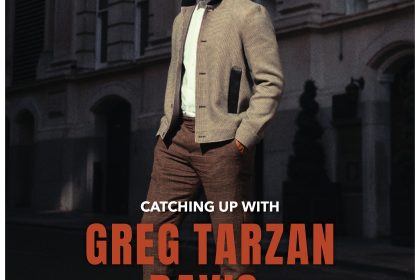During the Los Angeles leg of his press tour to promote the movie Bob Marley: One Love, Kingsley Ben-Adir radiated a relaxed, almost serene vibe, as a coterie of journalists and entertainment correspondents inundated him with questions about his preparation for the role and interactions with the Marley family. Ben-Adir readily admits he was initially wary about the role, since he could neither sing nor speak Marley’s dialect. But after delving into what it would take to authentically portray Marley on the big screen, he was convinced that with the support of the legendary singer’s family, he could do justice to the music and the man.
Since the beloved singer-songwriter, and reggae music pioneer’s death in 1981, there have been many starts and stops on projects to honor the profoundly spiritual singer and humanitarian. Born Robert Nesta Marley, movie executives concluded the only way to properly capture one of music’s most iconic and beloved figures, was to include those who knew him best in a comprehensive international casting process. The in-depth process ultimately led to Ben-Adir, whose ability to embody iconic figures like Barack Obama and Malcolm X is widely recognized in the entertainment world. Charismatic and humble at the same time, Kingsley Ben-Adir shares how his experience with the Marley family helped inform and shape his performance into one that is already receiving Oscar buzz.
Bob Marley’s son, Ziggy, told you his father would climb stairs two at a time. What did you infer from that?
That’s a great thing to bring up. That Bob walked up two steps [at a time]. That is something I could never have found out in a book. It’s something that there’s no footage really of him [doing].
My job was to understand the journey of a boy from the ghetto [who] grew up in the ghetto and [then] get to that message of peace, love and togetherness.
There was a huge amount of struggle and suffering on a human level. What was his experience? And what was his experience at this time in his life with his family and friends? [It involved] having conversations about Bob and who he is as a human being, and what he went through. The movie, to me, was how do we put him on a journey of his life and … his lifelong search for peace.
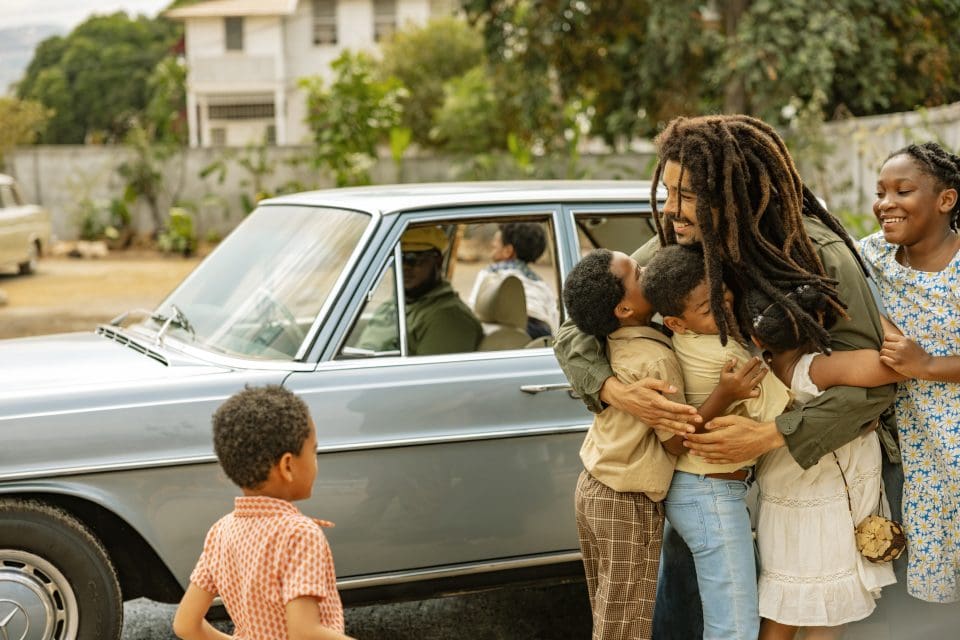
Marley’s music is imprinted into the DNA of so many people worldwide. At what point did you fully grasp the message he wanted to convey through his music?
It was a study of music. The process was never like, “Now, I know!” The one thing I was confident in — or I made a decision with Bob’s family and friends — was a sort of version of when Bob is singing and creating music, he’s really in service to something else. He’s trying to connect to something pretty profound in terms of his spiritual beliefs. I feel like that connected to his internal journey as a child as well. So, like, when you look at Bob and you’re like, “I don’t know what’s going on,” it’s so magnetic.
That magnetism is a kind of friction in a way. It’s difficult to explain what it is. You can’t explain why someone’s got huge charisma. They just do. I’m never going to be able to copy that. I just have to find my own version of really connecting to the music and I’ve always felt like Bob was singing for his life when he’s on stage. You can’t [find footage of] Bob in concert where he is not fully energized or fully engaged.
It can be internal as well, you know. One thing I noticed was that Bob’s eyes are often closed when he’s singing. It’s very rare to see him with his eyes open. Why is that? Like, what is that? He’s trying to connect and feel.
He’s something else. The study of his music and [his speech]; I don’t understand everything he’s saying in all of his songs and neither [does] most of the world outside of Jamaica. You know, because some of the patois was really strong. When you understand the full meaning of what he’s saying in all of his songs, which I can confidently say that I do now, it’s another level.
Photos by Holly Connor
Cover photo by Danny Kasirye /@ Paramount Pictures

